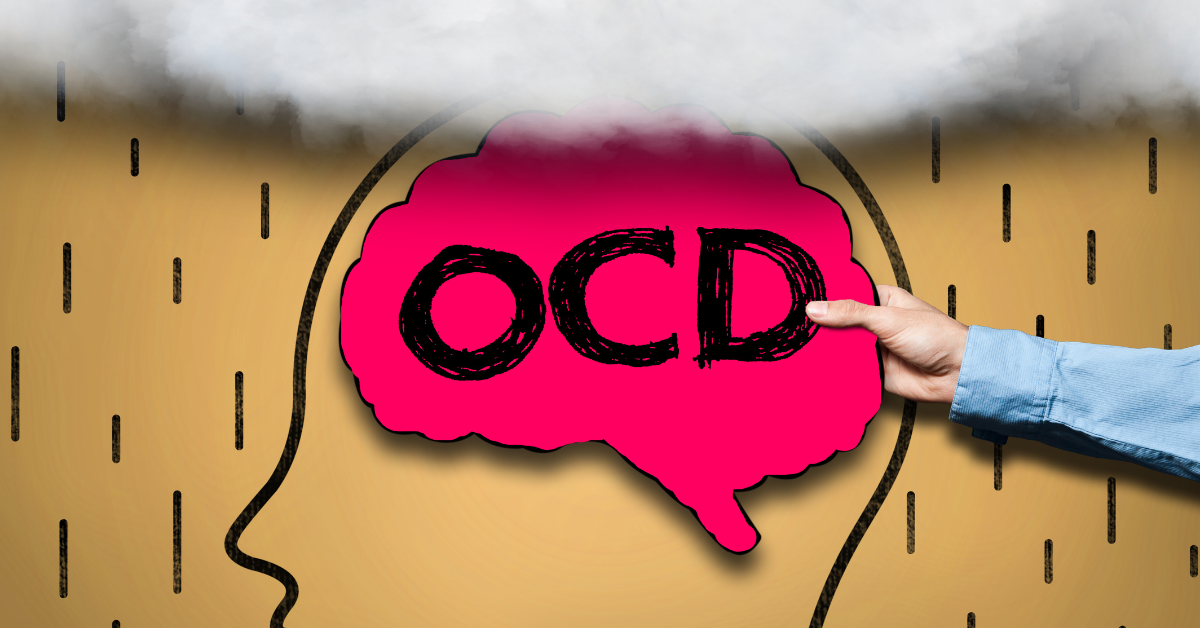Substance-Induced Disorder Treatment
Mental health conditions arise directly from substance use or withdrawal, impacting emotional well-being, cognitive functioning, and overall quality of life. Our programs provide holistic care that addresses the underlying causes of substance-induced issues. Through evidence-based therapies, medical supervision, and personalized substance-induced disorder treatment plans, we aim to alleviate symptoms, promote sustainable wellness, and support long-term recovery. Whether for yourself or a loved one, Legacy Healing Center is here to guide you through the journey towards healing and recovery.
Understanding Substance-Induced Disorders
Substance-induced disorders are mental health conditions that develop as a direct result of substance use or withdrawal from substances. These disorders encompass a wide range of symptoms and can affect individuals differently based on the substance involved and the person’s unique physiological and psychological makeup.
Types of Substance-Induced Disorders:
- Substance-Induced Depressive Disorder: Occurs due to the direct effects of a substance (e.g., alcohol, cocaine) on the brain’s neurotransmitter systems, leading to symptoms of depression.
- Substance-Induced Anxiety Disorder: Can be triggered by intoxication or withdrawal from substances like stimulants or alcohol, causing symptoms such as panic attacks or generalized anxiety.
- Substance-Induced Psychotic Disorder: Typically caused by substances like amphetamines, hallucinogens, or alcohol, resulting in psychotic symptoms such as hallucinations or delusions.
- Substance-Induced Sleep Disorder: Results from the use or withdrawal of substances that affect sleep patterns, leading to insomnia or hypersomnia.
- Substance-Induced Sexual Dysfunction: Caused by the effects of substances such as alcohol, opioids, or stimulants on sexual desire, arousal, or performance.
- Substance-Induced Mood Disorder: Develops as a result of substance use, manifesting as significant mood swings, such as sudden episodes of depression, mania, or a mix of both.
- Substance-Induced Bipolar Disorder: Occurs when substance use triggers episodes of mania or hypomania, along with episodes of depression, in individuals who have not previously experienced these symptoms.
The symptoms of substance-induced disorders vary widely and can include mood disturbances, anxiety, cognitive impairments, perceptual distortions, and disruptions in sleep or sexual functioning. To diagnose a substance-induced disorder, clinicians look for a temporal relationship between substance use and the onset of symptoms, as well as the absence of these symptoms in the absence of substance use.
Understanding these disorders is crucial for effective addiction treatment, as it guides the development of personalized substance-induced disorder treatment plans that address both the underlying substance use issues and the resulting mental health challenges. We specialize in comprehensive assessments and evidence-based treatments that are tailored to meet the unique needs of each individual struggling with substance-induced disorders.
Complete Mental Health Treatment Plans
Our approach to caring for substance-induced disorders is grounded in a holistic and evidence-based framework that addresses the complex interplay between substance use and mental health. We believe that effective substance-induced disorder treatment goes beyond mere symptom management to foster long-term recovery and improved quality of life.
Holistic Treatment Options
Our treatment approach integrates medical, psychological, and social interventions to ensure comprehensive care. Medical detoxification is the initial phase of treatment, where individuals undergo supervised withdrawal from substances under the care of our experienced medical team. This process is essential for safely managing withdrawal symptoms and preparing clients for the next phases of treatment.
Psychological Therapy
Following detoxification, clients participate in individual and group therapy sessions facilitated by licensed therapists. Cognitive-behavioral therapy (CBT), dialectical behavior therapy (DBT), and other evidence-based therapies are used to help clients understand the triggers for their substance use, develop coping skills, and address underlying psychological issues contributing to their disorder.
Medication Management
For some clients, medications may be prescribed to manage withdrawal symptoms or underlying mental health conditions that co-occur with substance use disorders. Our medical staff closely monitors medication use to ensure safety and effectiveness, adjusting treatment plans as needed to support each client’s recovery journey.
Integrated Care Model
We emphasize the importance of integrating care across all aspects of a client’s life. This includes family involvement in therapy sessions, educational programs to enhance understanding of substance use disorders, and peer support groups that provide encouragement and shared experiences. Our goal is to create a supportive environment that fosters healing and empowers individuals to make sustainable changes in their lives.
Evidence-Based Practices
Our treatment protocols are rooted in the latest research and evidence-based practices in the field of addiction medicine and mental health. We continuously evaluate our programs to ensure they meet the highest standards of care and are tailored to the unique needs of each client.
Comprehensive Aftercare Planning
As clients progress through treatment, we develop personalized aftercare plans that support their transition back to everyday life. This includes ongoing therapy, support group participation, and community resources to maintain sobriety and mental wellness beyond their time in our program.
Legacy Treatment Center facilities are committed to providing compassionate, effective, and individualized care to help our clients achieve lasting recovery from substance-induced disorders. Our multidisciplinary team is dedicated to supporting clients every step of the way on their journey toward a healthier and more fulfilling life.
A String of Reliable Mental Health Facilities
If you or a loved one are in need of substance-induced disorder treatment in Florida, Ohio, New Jersey, or California, our team is here to provide their expertise. Contact our local centers today to start receiving comprehensive care from experienced professionals. If you’re interested in learning more about substance-induced disorders or other conditions we treat at our behavioral health treatment facilities, explore our treatment articles for more information on how we can assist you.






